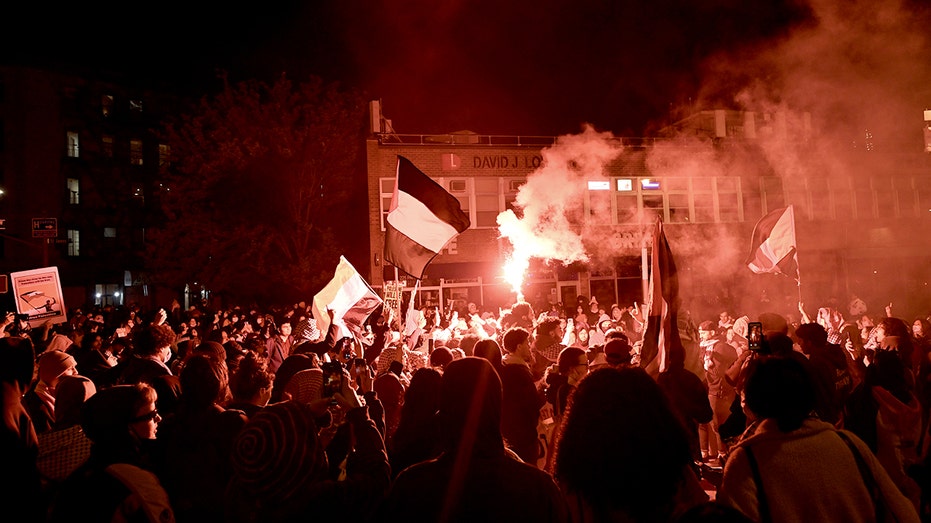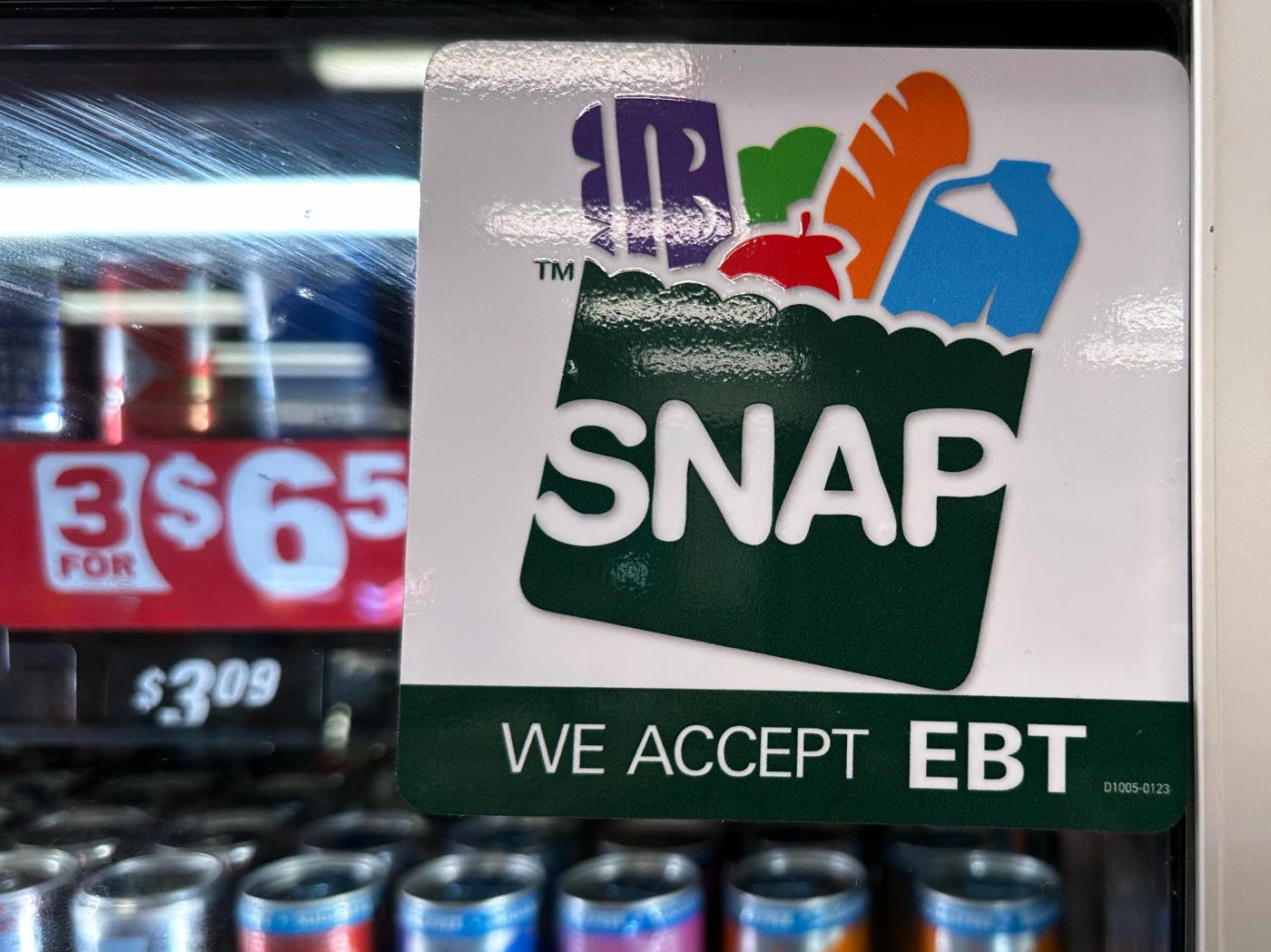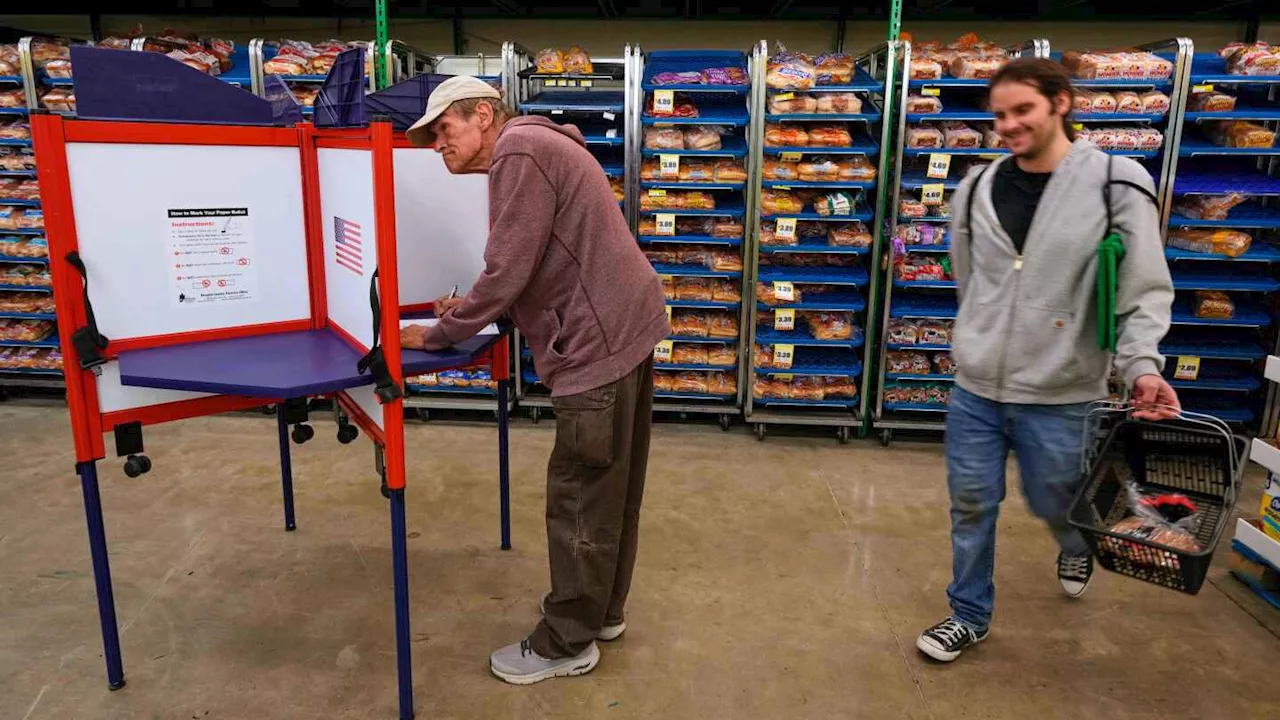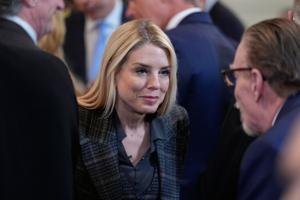The chancellor of Syracuse University, Kent Syverud, stated this week that recent anti-Israel protests on campuses may have been encouraged by Iran. Speaking at a panel event in Washington, D.C., he highlighted the protests that erupted following the October 7, 2023, Hamas attack on Israel, asserting that these activities lacked significant participation from local students.
Syverud shared his insights during a discussion with fellow university leaders, including Chancellor Daniel Diermeier of Vanderbilt University and Chancellor Andrew D. Martin of Washington University in St. Louis. He expressed concern about the identity of protesters, noting that many participants wore masks, which made accountability difficult. As Syverud noted, “People were using masks to avoid accountability for what they were saying and doing,” suggesting that some demonstrators could be “activists from elsewhere.”
Concerns Over Organized Protests
Diermeier echoed Syverud’s sentiments, pointing to the presence of organized networks that could have coordinated the protests. He remarked that student activists appeared to follow a “playbook” that mirrored tactics seen at other institutions, such as Columbia University. “It’s more than social contagion,” Diermeier stated, adding, “I think there are organized networks as well. And for sure we saw that.”
Martin confirmed similar incidents at his institution, recounting an attempted encampment that was shut down by campus authorities. He noted that three quarters of those arrested during the incident were not affiliated with the university.
The panel discussion was organized by Alums for Campus Fairness, an organization dedicated to addressing antisemitism on college campuses across the United States. The group aims to foster dialogue and understanding in an increasingly polarized environment.
Escalating Campus Tensions
Protests have surged across various university campuses since the Hamas attack, with significant demonstrations reported at institutions like Columbia, Harvard, New York University, and the University of California, Los Angeles. Columbia, in particular, has faced ongoing protests, even as the university has altered its policies regarding demonstrations.
Last April, over 100 protesters were arrested by the New York Police Department after they established an encampment that obstructed student movement. In May, a group occupied the Butler Library at Columbia, leading to further arrests and disciplinary action against more than 70 students.
Syracuse University did not respond to requests for comment regarding the recent claims made by Chancellor Syverud. As tensions continue to rise on campuses nationwide, the discussion surrounding the influence of external organizations and foreign entities in domestic protests remains a pressing issue.
The impact of these protests is significant, shaping not only campus life but also broader societal discussions about free speech and the right to protest. As universities navigate these complex dynamics, the need for accountability and dialogue becomes increasingly vital.







